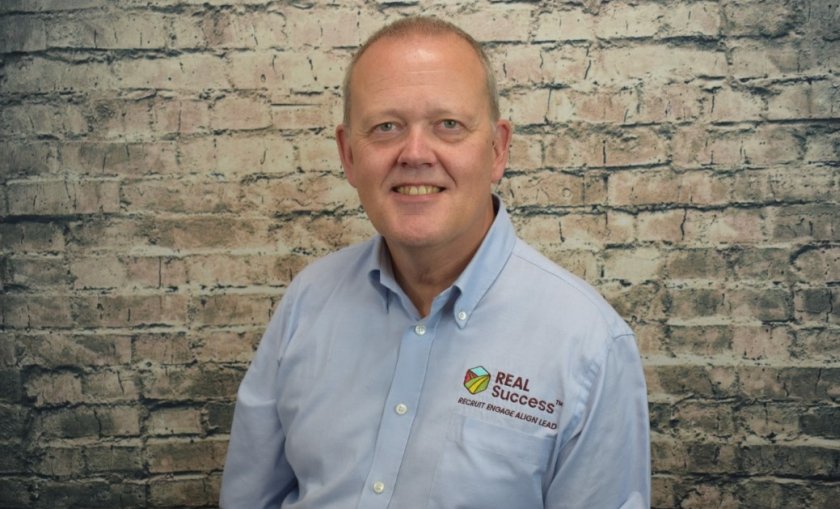
An open mind and passion for little improvements are some of the keys to successful dairy businesses – and those traits extend to staff management too.
Although farmers may have excellent cow management, if they don’t look after and train their staff then the business will never be as successful as it could be.
This is according to Paul Harris, CEO at farm staff specialist REAL Success, who says that following the Andersons Centre’s report on top performing dairy farms, there are some clear trends which the industry really needs to address.
“It’s great to see more profile given to the importance of a vibrant and diverse farm labour force," Mr Harris says.
"But these are not new issues, and we need to see greater change on the ground if farmers are serious about improving long-term productivity and resilience.”
The report found that the best performing farms were open minded about transferable skills and recruiting entry-level staff based on potential rather than previous skills.
“This opens the door to recruiting from outside the small pool of existing farming talent, something which is vital if we are to address the serious labour shortage facing the sector,” says Mr Harris.
“It can cost a business between £15,000 and £30,000 to replace an employee, so it’s important to get it right. When someone leaves, it’s tempting to recruit quickly, but the wrong person in the role can easily upset the dynamics of the team.
"Taking people on – based on personality profiling - with less experience, and training them, often produces the best results.”
Offering good working conditions, including fair rotas, adequate time off, a variety of tasks, and time for training and development will help farmers to both recruit and retain the best staff, said the Andersons report.
"In addition, having clear protocols in place for all to follow will ensure consistency of cow and calf management, while taking health and safety seriously will benefit all in the workplace.
“Good communication is absolutely key – there’s a common myth that you don’t need regular meetings or reviews, but open, two-way dialogue will make the team feel valued and ensure you’re all working to achieve the same things.
“Farmers rarely sit down with their staff for a more formal review, and feedback may be avoided or poorly delivered,” says Mr Harris.
"Having a positive, structured review can unveil deeper issues that need to be addressed, while providing the opportunity to deliver positive feedback and constructive criticism.”
Dealing early with succession planning is another clear trend among the most successful farmers, according to the Andersons report.
“This gives the younger generation – whether part of the family or not – the confidence to invest in the business and their own development,” says Mr Harris.
“And it enables the older generation to plan for when they start to step back from the business, rather than having to remain in the traces until they drop.
“People are the absolute backbone of this industry, but outdated attitudes and perceptions are holding it back,” he adds.
“Farmers themselves are the key to changing these perceptions and reversing the labour shortage they’re facing. Just a few simple mindset changes can help to turn a poorly performing farm into a top-tier one.”
